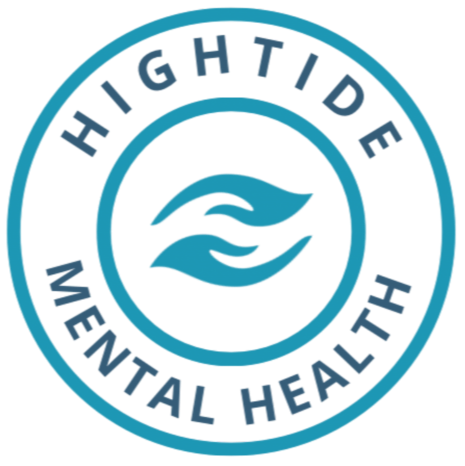BIPOLAR DISORDER TREATMENT
What is Bipolar Disorder
“Bipolar” is a term that is often misunderstood. Many people use it casually to describe everyday mood swings, but bipolar disorder is not simply going up and down emotionally. Bipolar disorder is a brain-based condition that involves changes in neurotransmitters and other physiological processes. These changes in the brain create episodes of mania, hypomania, and depression that go far beyond typical shifts in mood. What may look from the outside like sudden highs and lows is actually the result of measurable changes in how the brain is functioning.
The Spectrum of Bipolar Disorders
Bipolar disorders exist on a spectrum, and each diagnosis reflects the intensity and type of episodes someone experiences. Bipolar I Disorder involves full manic episodes, often lasting a week or longer, that may include little need for sleep, racing thoughts, impulsive or risky behavior, and sometimes psychosis. These episodes are followed by significant depressive periods. Bipolar II Disorder includes hypomania, which is less severe than full mania but still disruptive, along with longer depressive episodes that can feel overwhelming. Cyclothymic Disorder is a chronic condition with milder but ongoing mood fluctuations that interfere with daily stability. While these diagnoses differ, they are all linked by cycles of mood episodes that are more extreme and persistent than normal ups and downs.
How to Identify if Someone Is Has a Bipolar Disorder
Recognizing bipolar disorder means paying attention to patterns over time, not just isolated behaviors. Signs can include periods of unusually high energy, decreased need for sleep, rapid or pressured speech, impulsivity, or risk-taking that feels out of character. These periods are often followed by depression marked by hopelessness, fatigue, changes in appetite, or loss of interest in daily activities.
For many, a “week in the life” can be extreme. For example, someone may spend a few days in hypomania—sleeping three hours a night, taking on multiple projects at once, feeling unusually confident, and speaking quickly with endless ideas. Then, within the same two-week period, they may crash into depression—unable to get out of bed, avoiding friends, feeling worthless, and struggling to complete basic tasks. This cycle can be confusing and exhausting, leaving the person feeling out of control and misunderstood.
Treatment for Bipolar Disorders
Medication
Medication is often a core part of treatment. Mood stabilizers and other medications help regulate the brain’s neurotransmitters, reducing the severity and frequency of both manic and depressive episodes. A psychiatrist works closely with each client to find the right medication balance and to monitor ongoing changes.
Therapy
Therapy helps clients understand their triggers, recognize early warning signs, and practice coping skills to manage both high and low periods. Evidence-based therapies like Cognitive Behavioral Therapy (CBT), Dialectical Behavior Therapy (DBT), and interpersonal therapy provide structure and skills to support long-term stability.
Group and Community Support
Group therapy allows people with bipolar disorder to connect with others who understand their experiences. This shared space reduces isolation and provides encouragement, accountability, and practical tools for managing symptoms in daily life.
PHP for Bipolar Disorder
Our Partial Hospitalization Program (PHP) provides structured, full-day treatment from 9 to 4. At this level, clients receive daily therapy sessions, psychiatric support for medication management, skills groups, and a safe, consistent environment where moods can begin to stabilize. The day includes meals, mindfulness practices, movement, and a supportive space to process both mania and depression. For someone in the midst of destabilizing episodes, PHP offers intensive care to bring balance back to the body and mind.
IOP for Bipolar Disorder
Our Intensive Outpatient Program (IOP) helps clients transition from daily care into everyday life. In IOP, clients attend several sessions a week to continue therapy, group work, and skills practice while beginning to re-engage with school, work, or relationships. This step allows clients to test the skills they’ve learned in real-world settings, while still having the safety net of consistent clinical support. IOP is where many clients begin to feel confident in managing their moods outside of structured treatment.
Hope and Recovery
Bipolar disorder is treatable, and recovery is realistic. Successful treatment does not mean 100% stability—mood episodes may still occur. But treatment can bring about 80% stability, where most of life feels steady, and the remaining 20% can be managed with coping skills, support systems, and ongoing treatment. With the help of therapists, psychiatrists, staff, and group facilitators at HighTide Mental Health, clients learn how to regulate their bodies, calm their minds, and maintain clarity even when symptoms arise.
Over time, clients discover that their lives can become more predictable, relationships can heal, and goals can be achieved. Bipolar disorder becomes something they know how to live with, not something that controls them.

